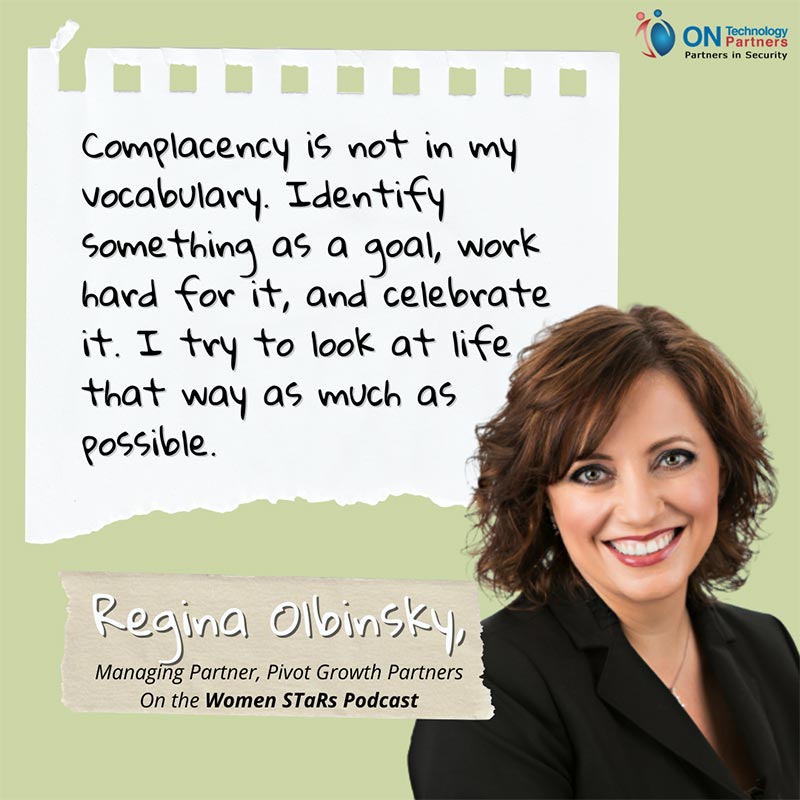by Douglas J. Guth via crains.com
Pandemic-wrought shutdowns have had a dramatic effect on the legal services industry, with law firms nationwide cutting costs through layoffs, pay cuts, furloughs and shortened seasonal programs.
Earlier this year, technology company Clio reported a 56% decrease in requests for legal assistance among surveyed respondents.
Despite the downturn, firms are embracing non-lawyer talent strategies fueled by innovation and a renewed emphasis on client value. Paralegals and administrative staff — the backbone of any modern law office — are being supplemented by highly skilled workers capable of developing and supporting new technologies.
Larger firms, which today operate like businesses as much as they do legal practices, are employing multiple non-attorney executives at the highest organizational levels. Remote work and the rising “gig economy” are having their own impact, placing temporary, contract and freelance workers in projects that can last years.
Cleveland-based Benesch has 143 local attorneys — complemented by 125 legal secretaries, paralegals, file-room clerks, IT workers, accountants, marketing team members and others — working out of its Cleveland office. Benesch partner and general counsel Joe Gross said ramped-up activity has resulted in the return of not only some furloughed attorneys, but their support staff as well.
“We had to back off on hiring plans for new lawyers, but we’re still actively recruiting at law schools,” Gross said. “New lawyers are going to need legal assistants — that goes hand in hand.”
Adapting
Pivot Growth Partners managing partner Regina Olbinsky has not seen a significant staffing downturn among the smaller family law and estate planning firms she consults. Thanks, in part, to COVID-sparked upticks in those two areas of law, every firm in Olbinsky’s portfolio increased their employment rolls in 2020.
“I work with small firms, so it’s not about replacing a lawyer one-to-one, or on any other level within the firm,” Olbinsky said. “Some are for looking for attorneys, but also need talent like paralegals and on the administrative side. Or we’re getting them to outsource administrative work to keep up their productivity and profitability. That’s where I’ve seen the biggest change — offloading the administrative stuff and making sure it’s done well.”
Common administrative tasks — from running QuickBooks to depositing checks — are mostly done in-house rather than on a freelance basis. Among the $10 million-and-below firms that comprise Olbinsky’s clientele, keeping this work close is a simple trust issue. As law firms move client-facing and back-office functions to the cloud, virtual assistants and remote employees are becoming more common. Familiarity with client-management software prepared legal offices for the transition into remote work, Olbinsky said.
“Nobody used this technology five years ago — now they all do,” she said. “That positioned firms well for the pandemic. Most had voice-over-internet phones, or just picked up their handsets and took them home. This allowed my clients to work incredibly efficiently.”
The legal industry is also harnessing artificial intelligence to boost productivity and spend less time on monotonous tasks. Proponents say AI can flag specific documents, with machine-learning algorithms tracking down other materials relevant to a case. Additionally, AI simplifies contract revision by highlighting standard clauses for different applications. The technology can even predict legal outcomes, sifting through years of data to inform practitioners their chances of winning a case.
“AI is in lawyers’ minds,” said Gross of Benesch. “It may not be all about productivity, but rather helping them draft briefs and documents or do research.”
Like a business
Meanwhile, corporate legal departments are expanding to support new business activity and address complex data privacy laws such as the European Union’s General Data Protection Regulation and the California Consumer Privacy Act.
Larger offices like Benesch are also hiring or promoting non-lawyer talent at the executive level, aligning with trends percolating within the industry for decades. President and CEO Kevin Fitzpatrick came to Benesch 35 years ago with a bachelor’s degree in civil engineering, establishing the ¬ rm as a go-to construction management consultant for the city of Chicago. Benesch’s Cleveland location installed former manufacturing exec John Banks as chief operating officer, highlighting the expanded business focus evident across the industry.
“Every large firm is doing things the way a business school would teach a business to operate,” Gross said. “In past years, lawyers would run their own practices, but business aspects are now being done by people with those skills.”
According to the Bureau of Labor Statistics, the median annual wage for legal occupations was $81,820 in May 2019, with associate-level positions, including paralegals and legal assistants, accruing over $51,000 annually. While Cleveland-Marshall College of Law dean Lee Fisher expects firms to remain conservative on hiring until the pandemic recedes, the next wave of non-lawyer jobs won’t necessarily require a juris doctorate to obtain.
“Students could be doing document review as opposed to jobs where a JD is required,” Fisher said. “They don’t need to have a degree, but they do need those organizational, project and technical skills.”
Freelancers are supplementing the existing workforce, allowing workers to operate from home and employers to quickly scale up or down. Benesch contracts out electronic discovery and research on large cases, and hires consultants for other projects.
“There’s no guarantee a project will last for more than a few years,” Fisher said. “Work ebbs and flows, so it makes more sense to hire based upon temporary client needs.”
When hiring resumes in earnest post-COVID, organizations seeking skilled workers will fall back on fit and culture, said Olbinsky of Pivot Growth Partners.
“It’s the notion of being in a crisis and what kind of hard decisions you have to make,” she said. “The coronavirus has highlighted that. ‘These are our values, we have to do this.’ “
 After 11 years owning and growing The Career Group, LLC – a company I started to focus primarily on career coaching – I felt deeply that a big change was needed. I just didn’t know what that change would be, or how and when it would occur.
After 11 years owning and growing The Career Group, LLC – a company I started to focus primarily on career coaching – I felt deeply that a big change was needed. I just didn’t know what that change would be, or how and when it would occur.

